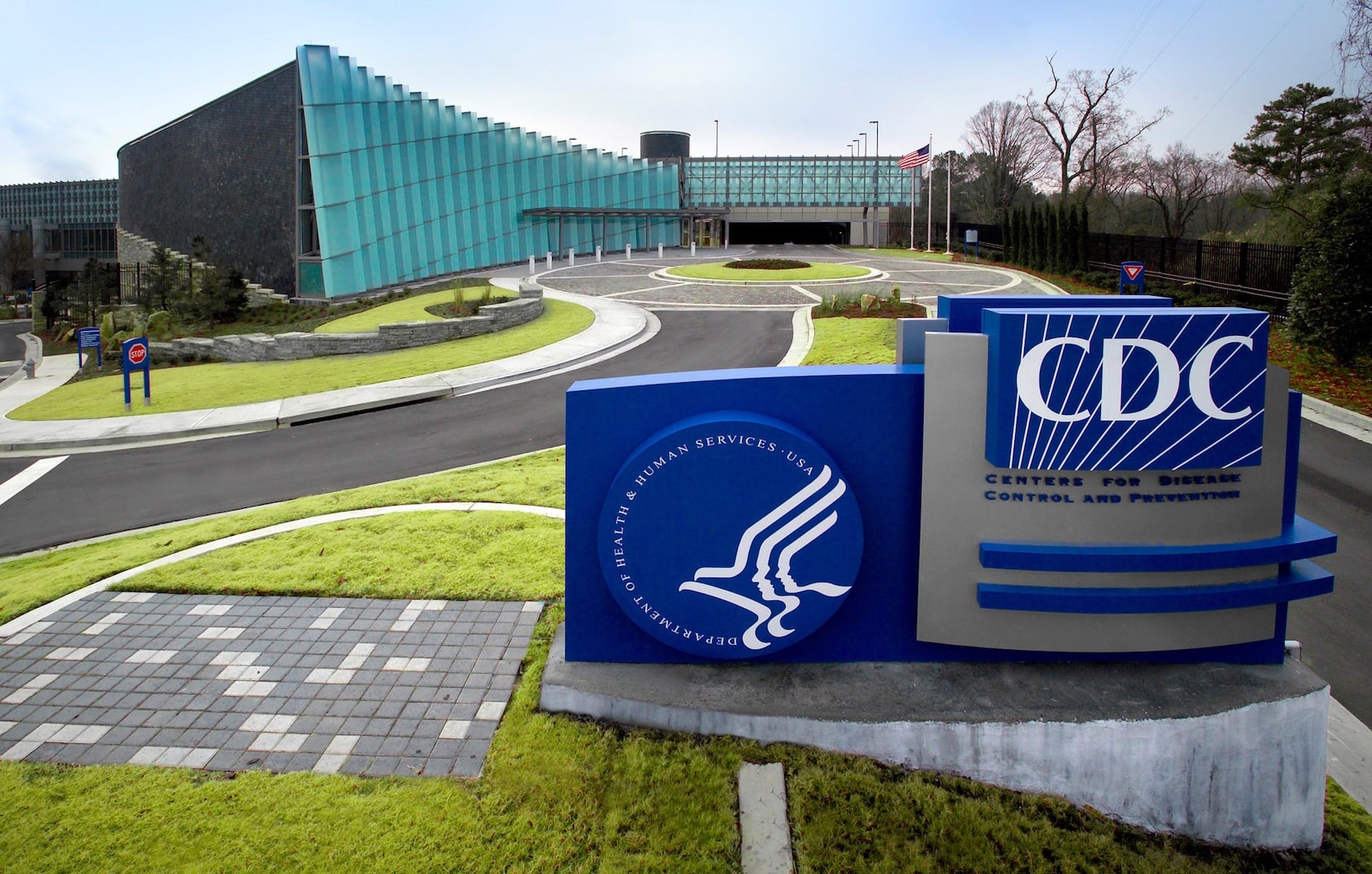
By now everyone has heard of COVID-19 and is feeling the effects of this novel (new) coronavirus throughout Florida, the United States, and the rest of the world. COVID-19 is a “coronavirus” and is primarily considered a respiratory illness. There have been other coronaviruses in the past such as swine flu, SARS, etc., however COVID-19 has a much longer incubation rate (14 days+) and has proven to be deadly, especially for individuals with respiratory problems and the elderly, which has caused the government and businesses to change the way we operate for the time being (and maybe from now on).
Due to the large amount of misinformation and fear mongering spreading online, I have decided to provide some factual information to my clients and the general public regarding court closures, changes in court procedures, and generally how Florida courts are handling the current COVID-19 pandemic.
Click here for a comprehensive list of each Florida jurisdiction’s emergency orders.
Courts are handling the pandemic differently on a state by state basis. However, on March 13, 2020 the Florida Supreme Court issued Administrative Order AOSC20-13, which suspended grand jury proceedings, jury selection proceedings, and criminal and civil jury trials through March 27, 2020. Administrative Order AOSC20-13 also suspended rules of procedure for time periods involving the speedy trial procedure, in criminal and juvenile court proceedings. Finally, the order suspended any rules of procedure limiting remote communications (telephonic appearances) during court proceedings.
Florida Chief Justice Charles T. Canady signed Administrative Order AOSC20-15 on March 17, 2020 which broadened AOSC20-13 by ordering “circuit and county courts to reschedule, postpone, or cancel all non-essential and non-critical court proceedings and events unless the chief judge determines that such other specific proceedings or events can be effectively conducted remotely using telephonic or other electronic means available in the subject jurisdiction without the necessity of in-person court appearances.” This order again only applied through March 27, 2020, however the Florida Supreme Court is expected to issue additional guidance soon extending the timeline farther into the future.
Administrative Order AOSC20-16 was issued on March 18, 2020 to allow for notaries to use video conferencing equipment to swear in witnesses and administer oaths in an effort to allow testimony during telephonic hearings set to occur during this time.
In Pinellas County, Florida (the county where my law practice is located) the Sixth Judicial Circuit has issued Administrative Order 2020-008 PA/PI-CIR which states “[m]ission critical cases will continue to be handled by the Court.” Currently, “[a]ll other civil, family, and probate hearings may proceed as long as the hearings may be accomplished via electronic means with the exception of the mass calendars and mediations in small claims pre-trial cases; mass calendars for simplified and uncontested dissolution cases; and all Title IV-D child support cases”
While many Florida courts are closed to the general public right now, below is a list of “mission critical cases” that will continue to be held remotely:
- First appearance hearings in criminal cases
- Detention hearings for Juvenile offenses
- Shelter and arraignment hearings in dependency cases
- Termination of Parental Rights (TPR) advisory
- Petitions for Judicial Waiver of Notice under section 390.01114(4), Fla. Stat.
- Ex parte injunctions for dating violence, domestic violence, repeat violence, sexual violence, or stalking.
- Ex parte petitions for Risk Protection Orders (RPO)
- Issuance of warrants or authorization for wiretaps.
- Any other emergency matter such as involuntary examination orders, emergency medical treatment, or other emergencies requiring immediate action by the Court to prevent harm to persons or property. “Emergency matters are not subject to easy definition. As such, the judge must determine if the law or totality of the circumstances require immediate action. In the event the judge decides the matter is not an emergency, he or she will require the matter to be set before the assigned section judge on the regular calendar after regular court operations resume.
- Other time sensitive matters as determined by the judge.
So, what does the current COVID-19 pandemic mean for Florida courts? For the time being, it means most court proceedings will be held remotely with attorneys and clients appearing telephonically or by Zoom and evidence is being submitted to the court electronically. No jury trials will be conducted, and no mass-motion calendar hearings will occur for issues regarding child-support and simplified divorces.
Because the laws are changing rapidly during the COVID-19 pandemic, you should contact a lawyer to discuss which laws are currently in effect. In the meantime, stay calm, stay safe, and do your part to protect those most vulnerable during this time.
You can find the entire language of each of the administrative orders mentioned using the links below.
**Update 5/31/2020** For the most up-to-date information regarding how COVID-19 is affecting the courts see Floridacourts.gov’s website.
